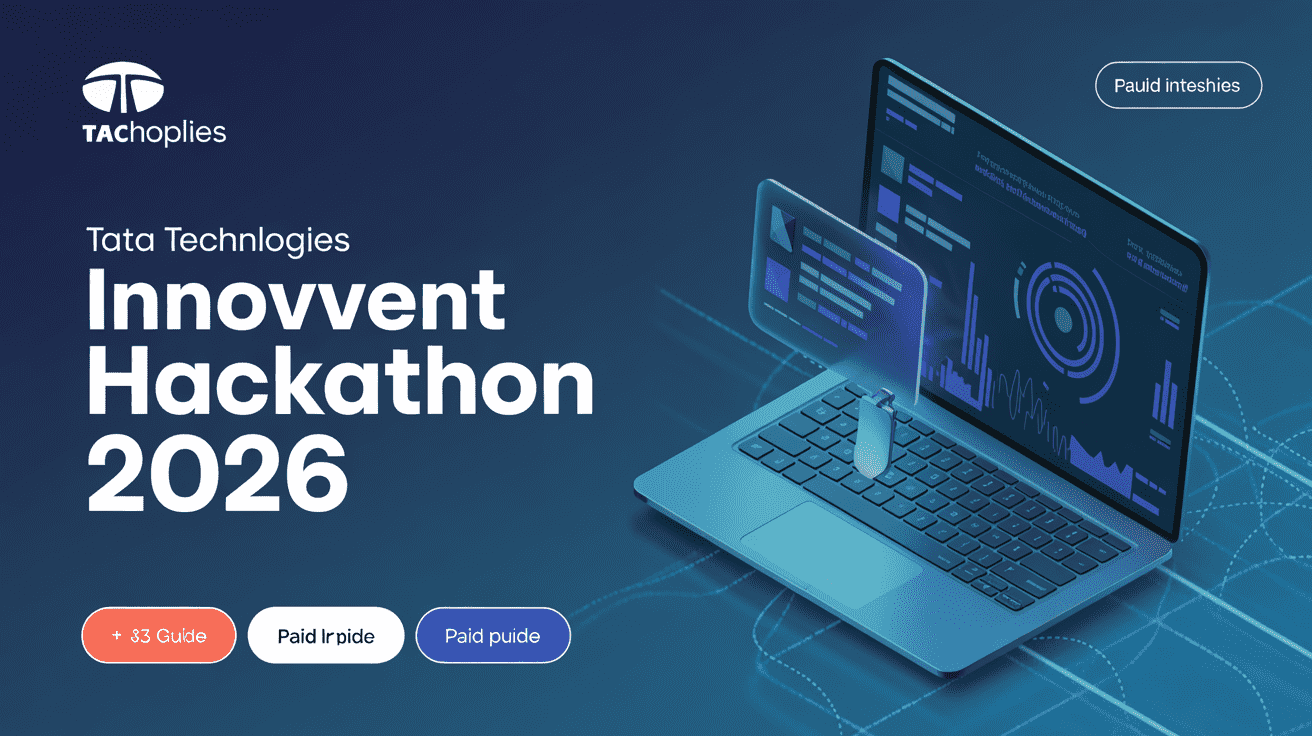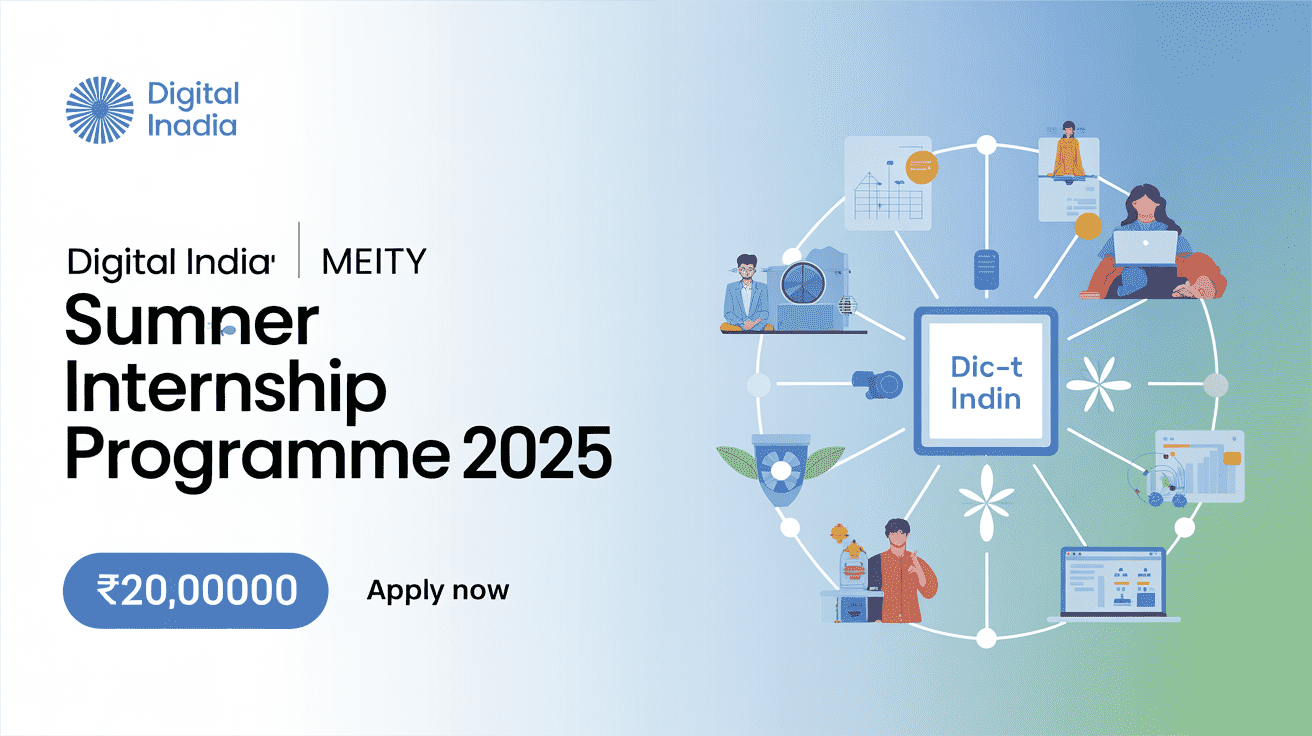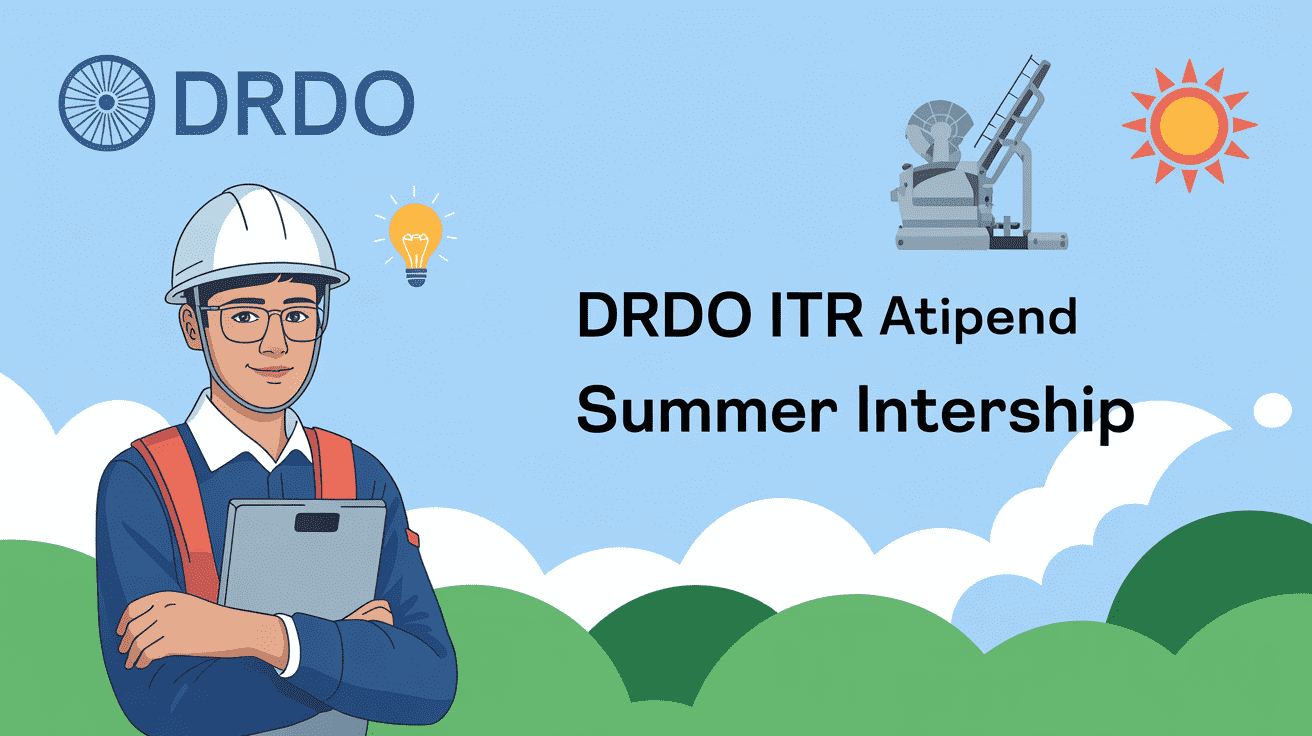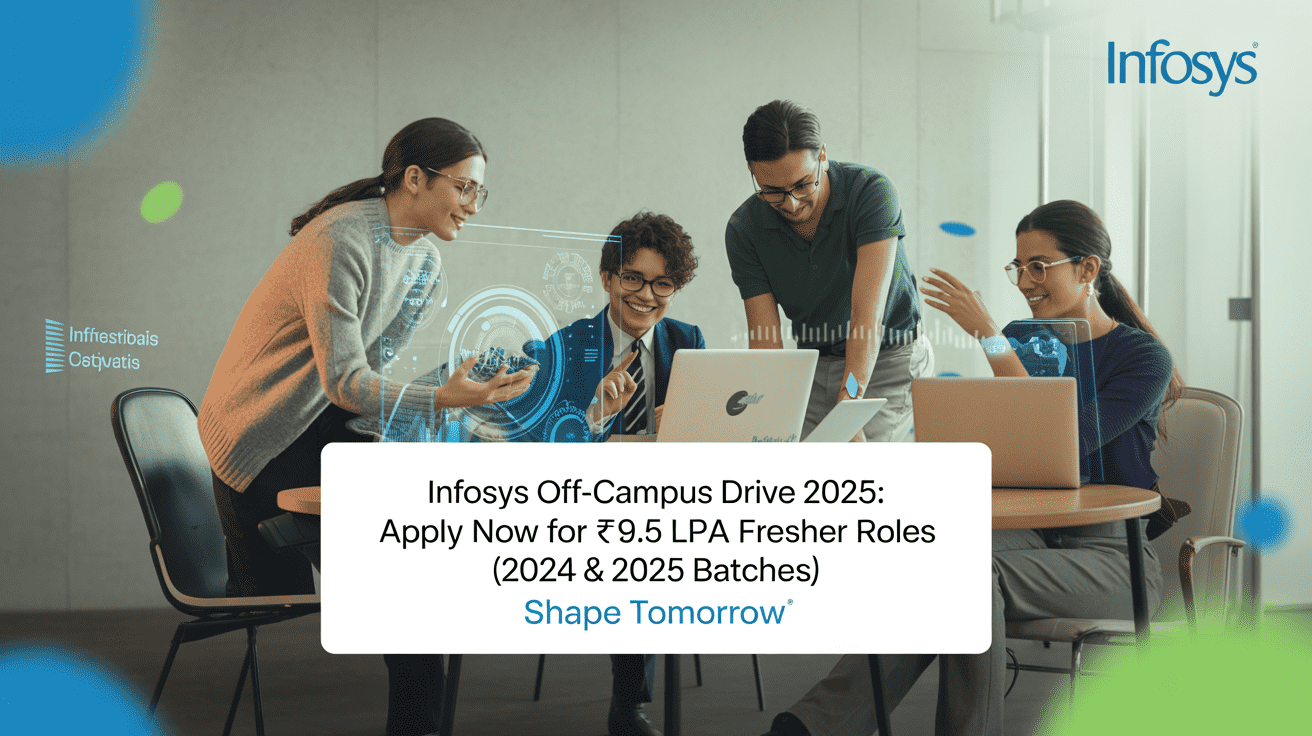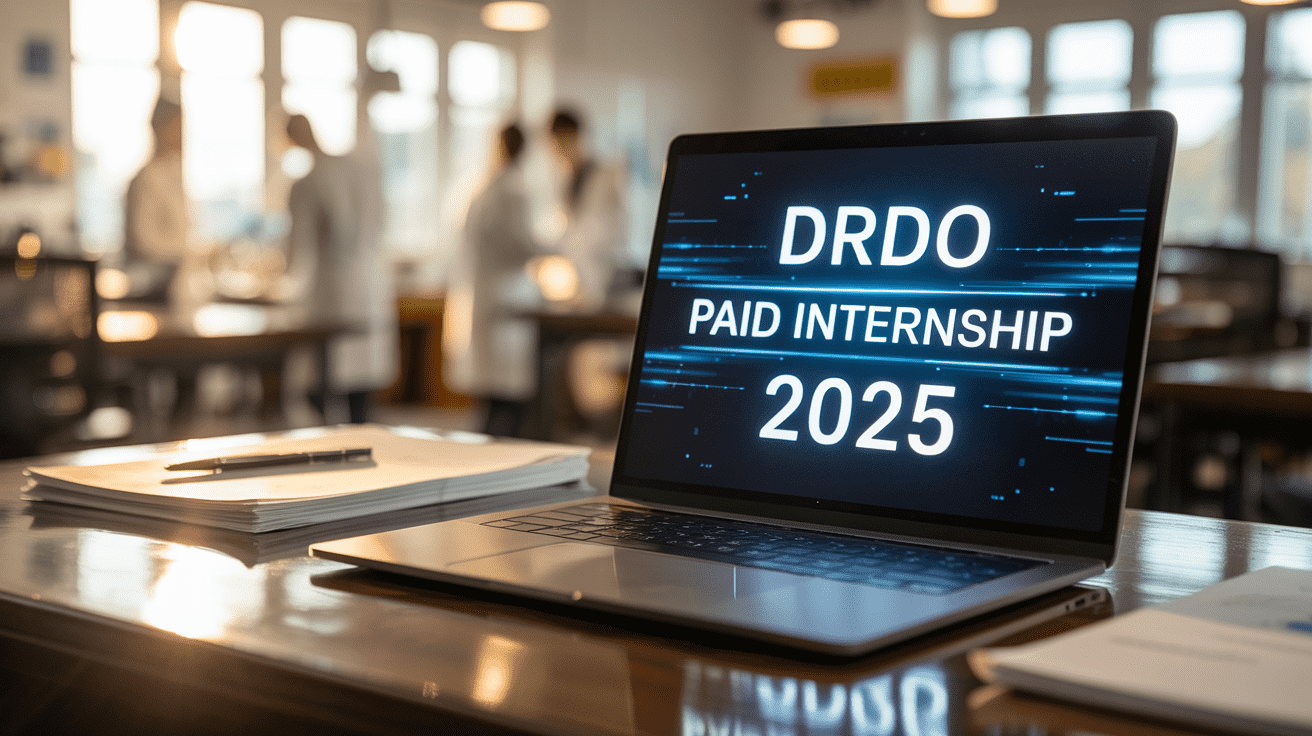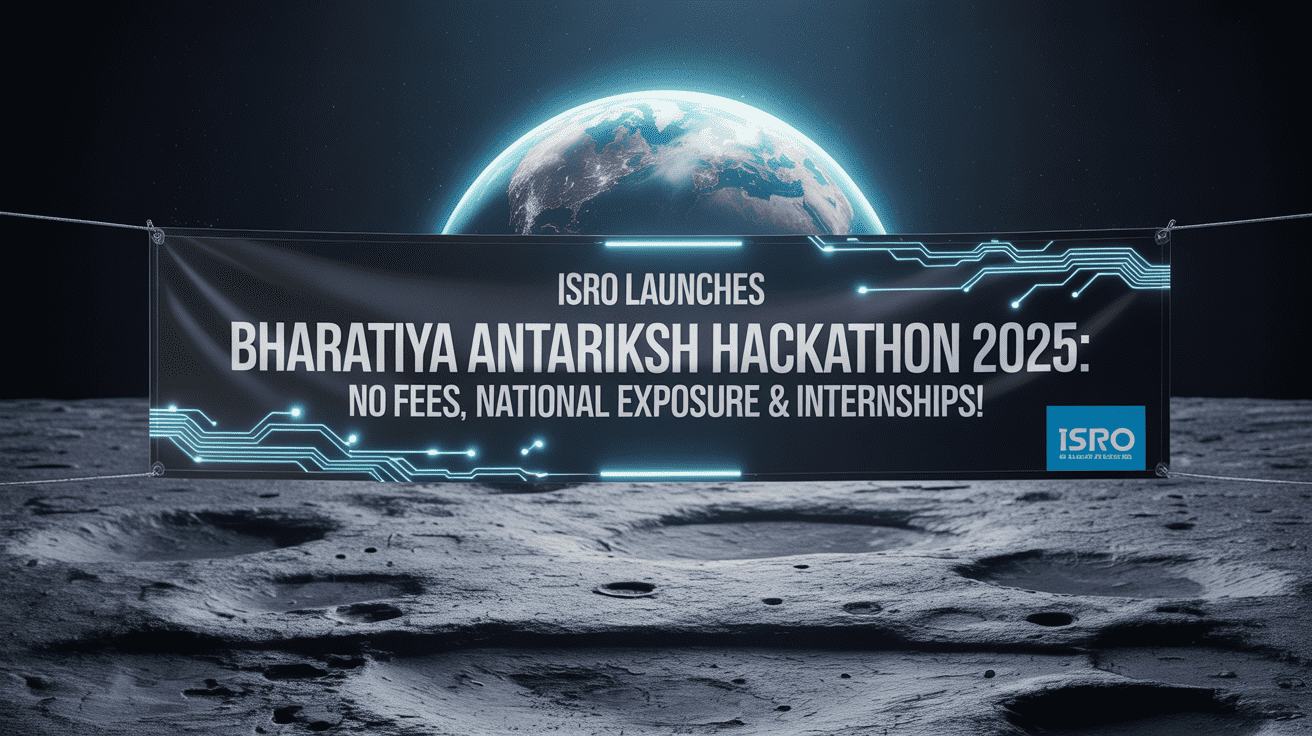Tata Technologies InnoVent 2026 is a national-level innovation hackathon aimed at nurturing bold, solution-driven engineering minds across India. It provides an exciting platform for young engineers to tackle real-world challenges in the manufacturing and mobility sector using cutting-edge technologies such as AI, Generative AI, IoT, Digital Twin, and more.
Overview: What is InnoVent?
InnoVent is Tata Technologies’ annual initiative, organized in partnership with AWS, to drive innovation in smart mobility. The competition provides hands-on mentorship, cloud technology access, paid internships, and cash rewards to top-performing student teams. It’s designed to upskill future engineers while solving high-impact problems through breakthrough innovations.
Theme for InnoVent 2026
“Innovating the Future of Smart Mobility”
Participants are encouraged to build solutions across the mobility value chain, including but not limited to:
- AI-based Embedded Systems
- Agentic AI and Autonomous Agents
- Software-defined Vehicles
- Sustainable and Human-Centric Driving
- AR/VR Integration
- Intelligent Manufacturing Systems
- Digital Twin and Cloud Applications
Rewards and Recognition
- 1st Prize: ₹3,00,000
- 2nd Prize: ₹1,00,000
- 3rd Prize: ₹50,000
- Special Awards:
- Best Breakthrough Idea
- Best Physical Prototype
- Paid Internships at Tata Technologies
- Mentorship by Tata Technologies & AWS SMEs
- Cloud Credits from AWS for shortlisted teams
Note: All cash prizes are subject to TDS deductions as per applicable tax laws.
Eligibility Criteria
- Must be pre-final or final year diploma/engineering students
- Students enrolled in B.E., B.Tech., or Dual Degree programs
- Institutes must be located within India
- Participation is team-based (1 leader + up to 4 members)
Important Dates
| Stage | Timeline |
|---|---|
| Project Registration Opens | 24th June 2025 |
| Registration Deadline | 30th July 2025 |
| Virtual POC Presentation | September 2025 |
| Final Demo Day (On-site) | January 2026 |
Selection Process: 3-Stage Format
- Stage 1 – Project Registration
- Submit a project application via the official registration form.
- All entries undergo plagiarism checks.
- A panel of experts shortlists promising projects.
- Stage 2 – Virtual POC Evaluation
- Shortlisted teams present their technical concept and virtual prototype to Tata Technologies SMEs.
- Finalists are selected based on presentation and innovation criteria.
- Stage 3 – Final Demo Day
- Finalists showcase their working prototype physically.
- A jury panel conducts a Q&A session and selects the top winners.
How to Apply: Step-by-Step Guide
To participate in InnoVent 2026, follow this structured application process:
Step 1: Form Your Team
- Choose a unique Team Name.
- Appoint a Team Leader (final year/pre-final year student).
Step 2: Collect Required Details
- Team Leader’s name, email, mobile number, gender, branch, institute name & city, graduation year.
- Details of Training & Placement Officer and Faculty Advisor (name and email).
- Number of additional team members (excluding leader).
Step 3: Fill Out the Registration Form
- Visit the official InnoVent registration link : https://www.tatatechnologies.com/in/innovent/
- Enter all required fields carefully and honestly.
- Double-check your email ID and mobile number for correctness.
- Submit the form before 30th July 2025.
Internship Opportunity
Top teams will be rewarded with paid internship offers at Tata Technologies, where they’ll get to work on real-world engineering projects with access to world-class tools and mentorship.
Why You Should Apply
- Get hands-on experience in AI, Embedded Tech, IoT, AR/VR
- Gain exposure to industry-level project development cycles
- Work under the mentorship of global tech leaders
- Secure prestigious internships and cash prizes
- Build a portfolio-worthy innovation project
Previous Year Stats
- 12085+ Innovators
- 297 Engineering Colleges
- 3330 Projects Submitted
- 39% Women Participation
This showcases the scale and inclusive nature of the program across India.
Contact Information
For queries or assistance, reach out at:
Email: InnoVent@tatatechnologies.com
